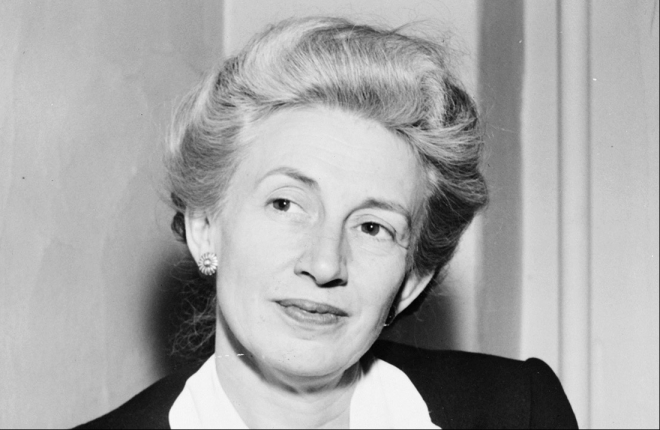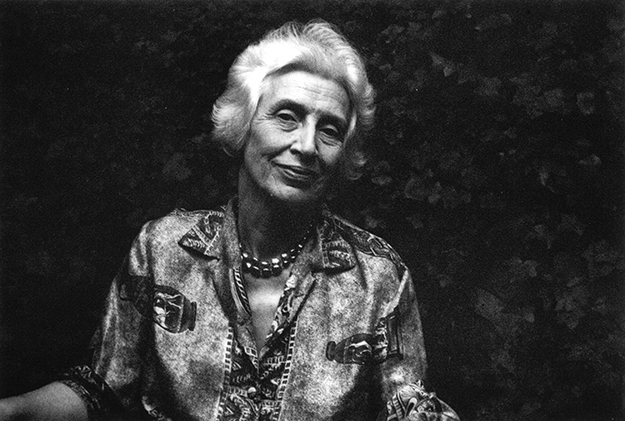
Lillian Eugenia Smith was born in Jasper, Florida in 1897. When her father's Florida businesses failed in 1915, the Smith family came to Rabun County, Georgia, where her father had recently acquired property on Screamer Mountain and where he opened a summer camp for girls. At first Lillian worked with her family to create the camp, but with her father's blessing, she soon became the owner and director of Laurel Falls Camp for Girls. This institution continued until 1949 and developed quite a reputation for being a progressive and well-rounded camp for young women, not only throughout the South, but across the country. On to closing of the camp, Smith wrote, “I hope that the idea of Laurel Falls will not die. I want to believe that we have started a chain reaction of dreams that will go on touching child after child in our South.”
Lillian Smith emerged in the 1930s at the forefront of the Southern debate on segregation, where she was at least two decades ahead of other white liberals and stood virtually alone in calling for an immediate end to segregation laws and practices. Meanwhile, she was developing her talents as a fiction-writer. Her 1944 debut novel, Strange Fruit, was about a secret interracial love affair in a small Georgia town. In 1949 she published Killers of the Dream, a brilliant psychological and autobiographical work warning against the evils of segregation. Before her death in 1966, Smith would go on to publish several more books, fiction and nonfiction, and numerous articles and essays on social justice and racial equality, all of which were written from her home on Screamer Mountain.
Smith wrote to find out about herself and the world around her. Writing in the 1961 reissue of her memoir Killers of the Dream, Smith states, “I wrote it because I had to find out what life in a segregated culture had done to me, one person. I had to put down on paper these experiences so that I could see their meaning for me. I was in dialogue with myself as I wrote, as well as with my hometown and my childhood and history and the future, and the past.”
Books by Lillian Smith:
- Strange Fruit 1944
- Killers of the Dream 1949
- The Journey 1954
- Now Is the Time 1955
- One Hour 1959
- Memory of a Large Christmas 1962
- Our Faces, Our Words 1964
- The Winner Names the Age: A Collection of Writings 1978
- How Am I To Be Heard? Letters of Lillian Smith (edited by Margaret Rose Gladney) 1993
